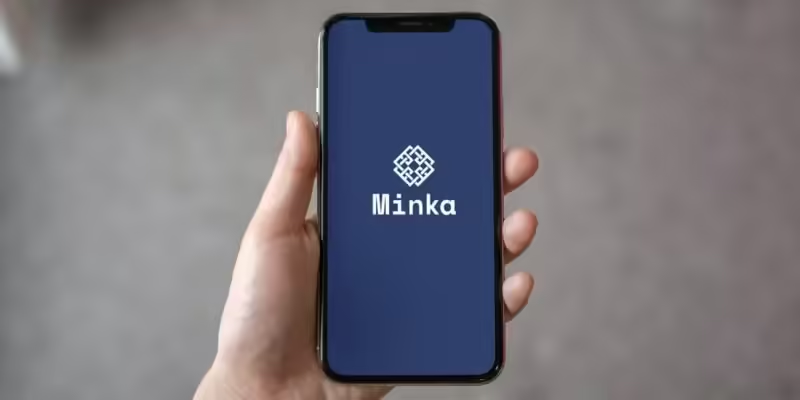Minka, a fintech startup from Colombia, has announced plans to expand to Kenya, Tanzania, Ethiopia, Malawi, Zambia, Burundi, Uganda, and Mozambique. The company aims to replicate its success in Latin America in these African countries.
While giving his remarks, Minka’s CEO, Domagoj Rozic mentioned that low financial inclusion and reliance on cash are challenges they have overcome in Latin America. He added that they believes they can address similar issues in Africa.
“Our expansion into Africa is a testament to our continued mission to build more efficient payments infrastructure across the Global South.
“Low levels of financial inclusion, a heavy reliance on cash, and non-interoperable legacy payment systems are just a few of the issues our team in Latin America have successfully overcome. We believe it is our duty to continue creating solutions that benefit society,” Minka’s CEO Domagoj Rozic said.
Alexander Perko, Minka’s Growth Lead, added, “We’re excited to bring our story and the benefits of our approach to people in Africa. We are building impactful connections between financial institutions of all types. Moreover, we are allowing teams to build and connect payment systems in days instead of years.”
Minka was founded in Bogota in 2016, and offers a cloud-based programmable solution. The fintech raised $24 million in a Series A funding round in 2022. Investors included Tiger Global Management, Kaszek Ventures, and the FinTech Collective.
Also Read: Africa Fintech Summit Announces 7th AlphaExpo Mini Accelerator & Pitch Competition
Bridging Financial Gaps
Minka focuses on bridging gaps between banks, financial institutions, and central banks. They use shared and connected ledgers to achieve this.
The company sees similarities between Latin America and Africa in terms of demographics. Africa’s growing fintech space also presents a great opportunity for Minka.
By entering the African market, Minka aims to create impactful connections and build efficient payment infrastructures. They are confident that their model will benefit African societies just as it did in Latin America.

